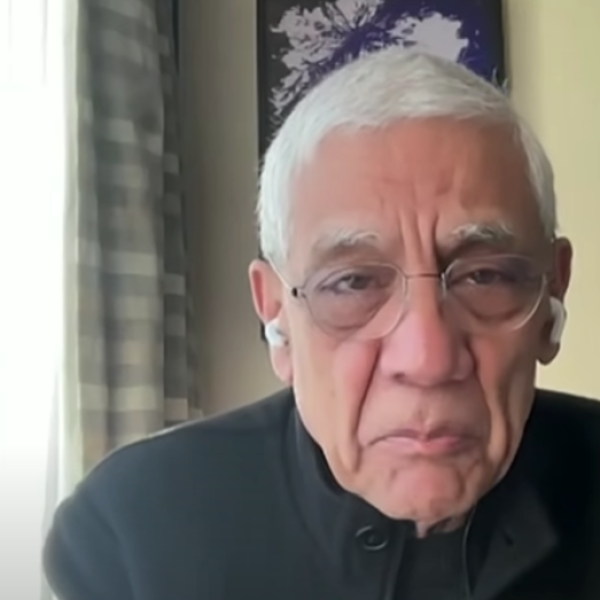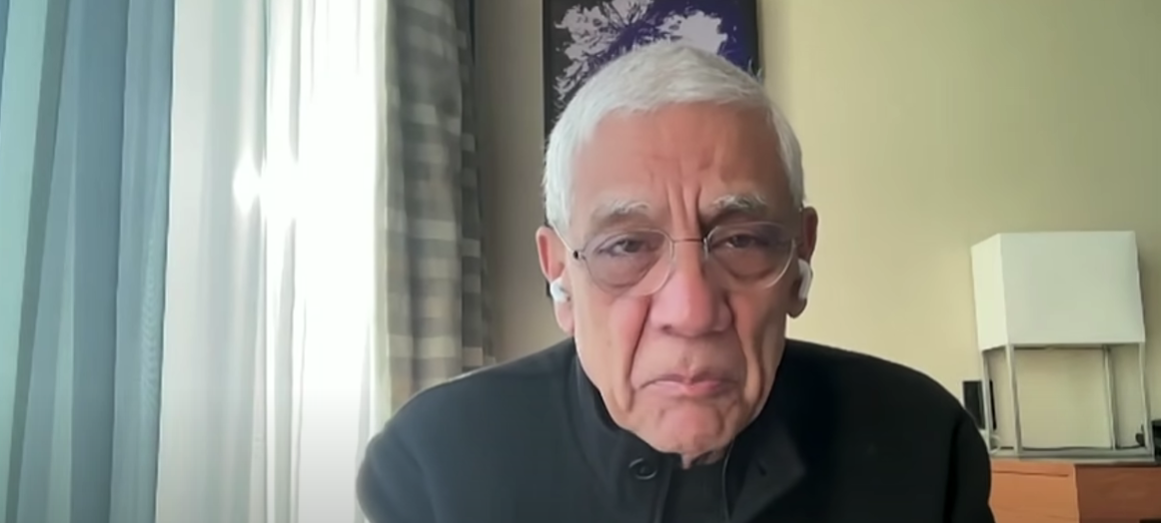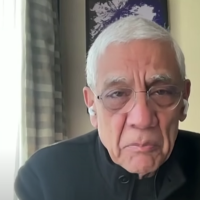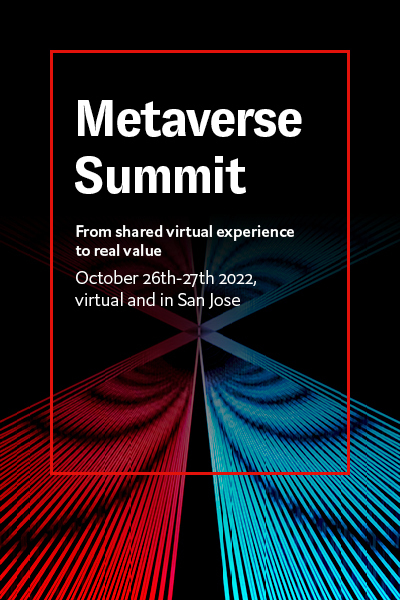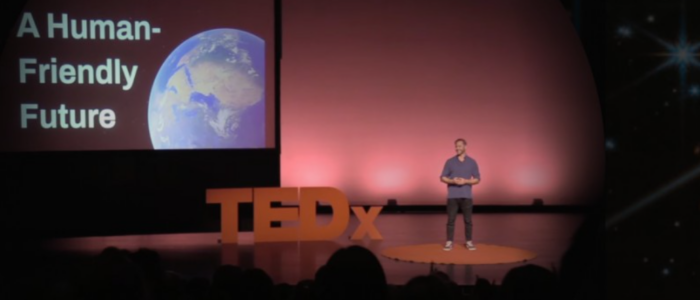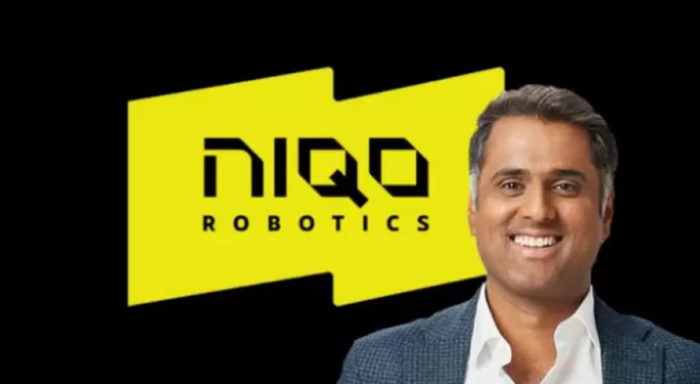- Last modified: May 6, 2024
In a wide-ranging keynote address, Vinod Khosla — the legendary venture capitalist and OpenAI’s first investor — painted a compelling vision of AI’s pervasive role in reshaping various facets of modern life.
Khosla, known for his prescient bets on disruptive technologies, firmly believes that AI will fundamentally transform how we interact with computers, making programming accessible to billions.
“Almost certainly, people will be able to program in natural language, and so many more applications, essentially programming, will also be near free, and many more people will be able to do it,” he said.
This democratization of computing, according to Khosla, will be accompanied by a paradigm shift where computers adapt to humans, rather than the other way around.
“Computers will learn humans instead of humans having to learn computers,” he predicted, envisioning a future where AI assistants seamlessly understand and execute complex tasks.
However, Khosla’s most captivating prophecy centered around robotics, a field he believes is poised for a revolutionary “ChatGPT moment” within the next two to five years.
“I believe robotics is coming up with a ChatGPT moment here pretty soon in robotics in the next four to five years, could be as soon as two or three years, where robots aren’t programmed anymore, they are learning systems,” he said.
Khosla’s optimism stems from the belief that AI will imbue robots with an understanding of the physical world and real-world dynamics, overcoming the limitations of traditional rule-based systems.
“They understand physics, real-world dynamics, all that kind of stuff, and because of that, I’m actually pretty optimistic that many of the things that have looked very stunted and terrible because we are humans are trying to program them and those are like rule-based AI systems of old, we’ll see this rapid change,” said Khosla.
This paradigm shift in robotics, according to Khosla, will have profound implications, liberating humans from undesirable jobs and ushering in an era of robotic assistants performing tasks once deemed too complex or tedious for automation.
“Nobody has to work at a GM assembly line for eight hours a day for 40 years. That’s not a job, that’s servitude,” he declared, seeing a future where billions of robots free humans from such arduous labor.
Throughout his keynote, Khosla’s infectious optimism and conviction in AI’s transformative potential were palpable. He urged patience and a long-term view, acknowledging the nascent nature of current AI systems while expressing confidence in their ability to evolve exponentially.
“Systems that evolve to be better are almost always better than engineered systems that are precise in one dimension,” he remarked, hinting at the self-improving nature of AI that could propel its capabilities forward at an unprecedented pace.
As OpenAI’s first investor and a trailblazer in the venture capital world, Khosla’s insights carry significant weight. His bold proclamation that robotics will experience its “ChatGPT moment” in the coming years is a clarion call for the tech industry and society at large to prepare for a future where intelligent machines seamlessly integrate into our physical world, catalyzing a transformation of unimaginable proportions.
Featured image: Credit: Forbes
